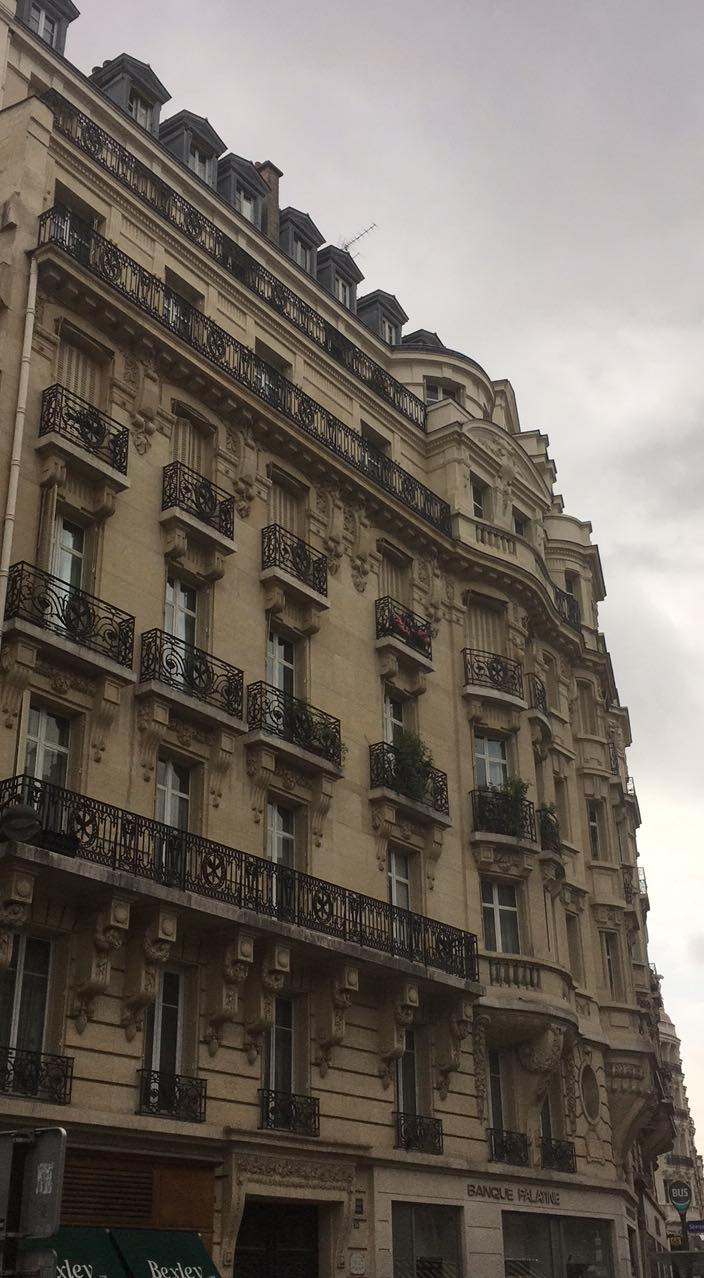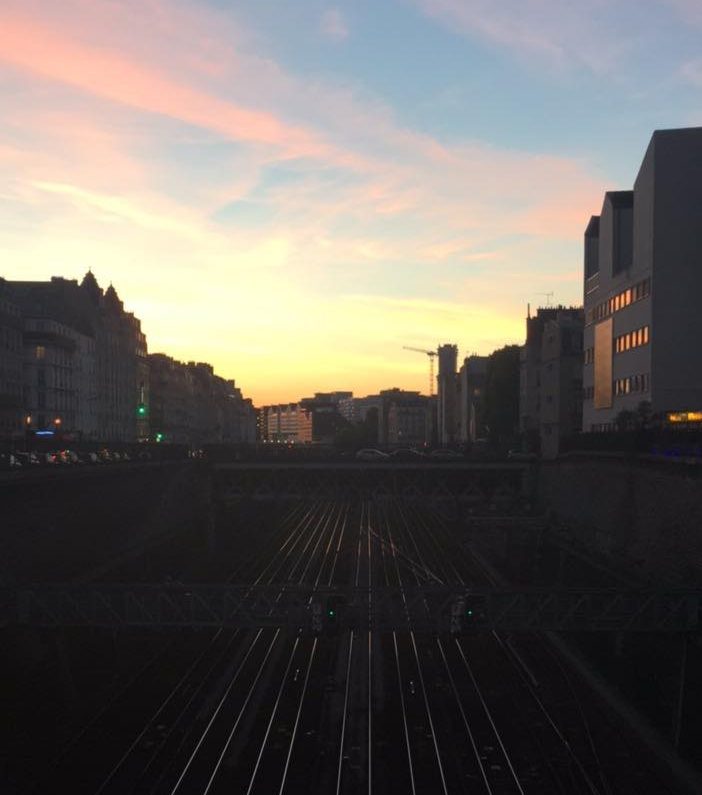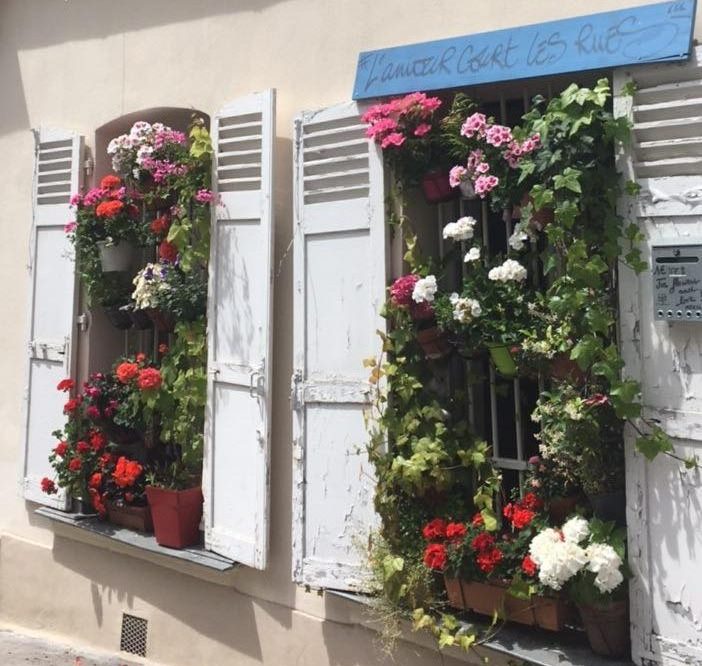November 2, 2018
Forcalquier, Paris
This morning I showered, read some newspapers online, then for breakfast I stopped at a boulangerie and ordered an espresso and a freshly-baked croissant that was crispy on the outside and tasted lightly buttered and delicious.
On my way to the RER train I passed the Librairie Mot à a Mot bookstore. I’ve found that France has a stronger reading culture than the United States; a contributing factor to the reading culture here is probably due to Jack Lang, a French politician who created a law in 1981 enforcing a minimum sale price for books, in order to save independent bookstores. Now it’s known as the anti-Amazon law.
In Paris, a bookstore recently opened called Ici/Here that’s 500 square meters, the largest independent bookstore in Paris. In the past ten years, 40 million euros have been invested by Semeast, a mixed economy company of the City of Paris, to buy back the leases of fifty distressed bookstores. But I digress. As a journalism student my mind is usually on bookstores and the publishing world, topics I’m studying.
I arrived at Sciences Po at 9 a.m. for my Longform class with Frederic Filloux, who created the Monday Note, a newsletter on the future of journalism. My classmates are from Germany, Japan, Cuba, Italy, England, France, Taiwan, and more. We discussed articles assigned by Filloux, their style and tone, details we liked or disliked, and the reporting behind each one. Then each of us gave the class updates on our longform assignment, a 5,000 word piece that is due at the end of the semester.
Since I have an internship on Mondays, Tuesdays, and Fridays from 9:30 a.m. to 6 p.m., all my classes are crammed into Wednesday and Thursday. I walked to a boulangerie nearby and ate a baguette on the go.
Next was my Video Features class. My first project was on a community called Valgiros, which is a place where homeless people live with citizens who have never been homeless, in order to help those who have struggled on the streets gradually transition back into society. The piece centered around a man with alcoholism named Yurie who has cancer. My next is on how France helps people with mental disabilities.
Afterward I ran down the Boulevard St. Germain to my French class. The teacher speaks in French the entire time, which I like. I’ve become aware of how the French language is much more vague and “flowing” than English; it seems to me that this characteristic can be summed up with the phrase “c’est pas grave,” or “it’s not a big deal.” Never have I been more conscious of how direct and overly-intense I am since I moved to France. I’ve realized Americans can often “get the job done,” but we also destroy things (like the environment and our sense of well-being) in the process.
 J.W. Kash
J.W. KashParis has a subtle, quiet, and mysterious beauty. The buildings have ornate moldings and small balconies, intricate sculptures, and large windows that seem superfluous compared to the soaring lines of New York City’s skyscrapers. But there’s an elegance and a sophistication in Paris that I never felt in New York.
After walking around for an hour or two I headed home, listened to France 24 on the radio and sent emails.
 J.W. Kash
J.W. KashJ.W. Kash





